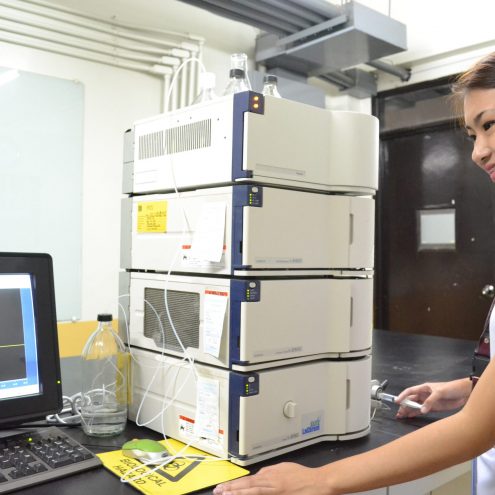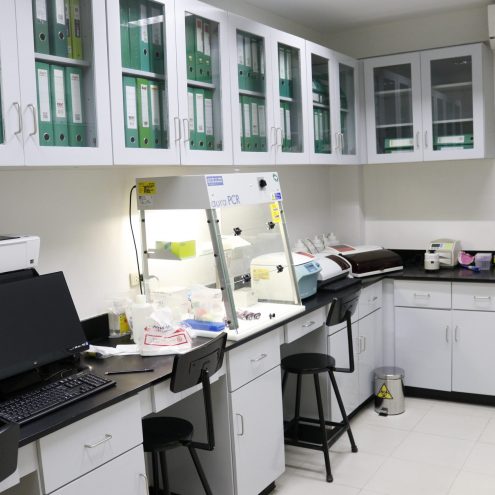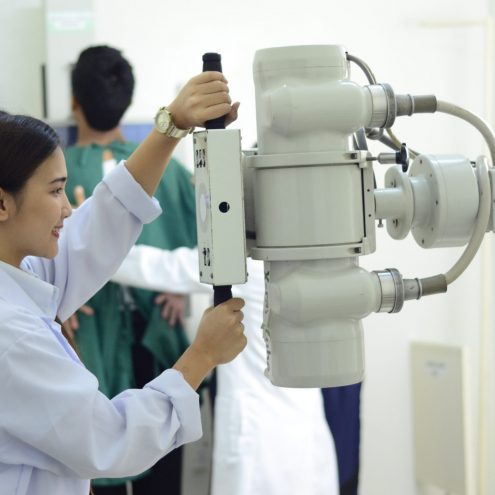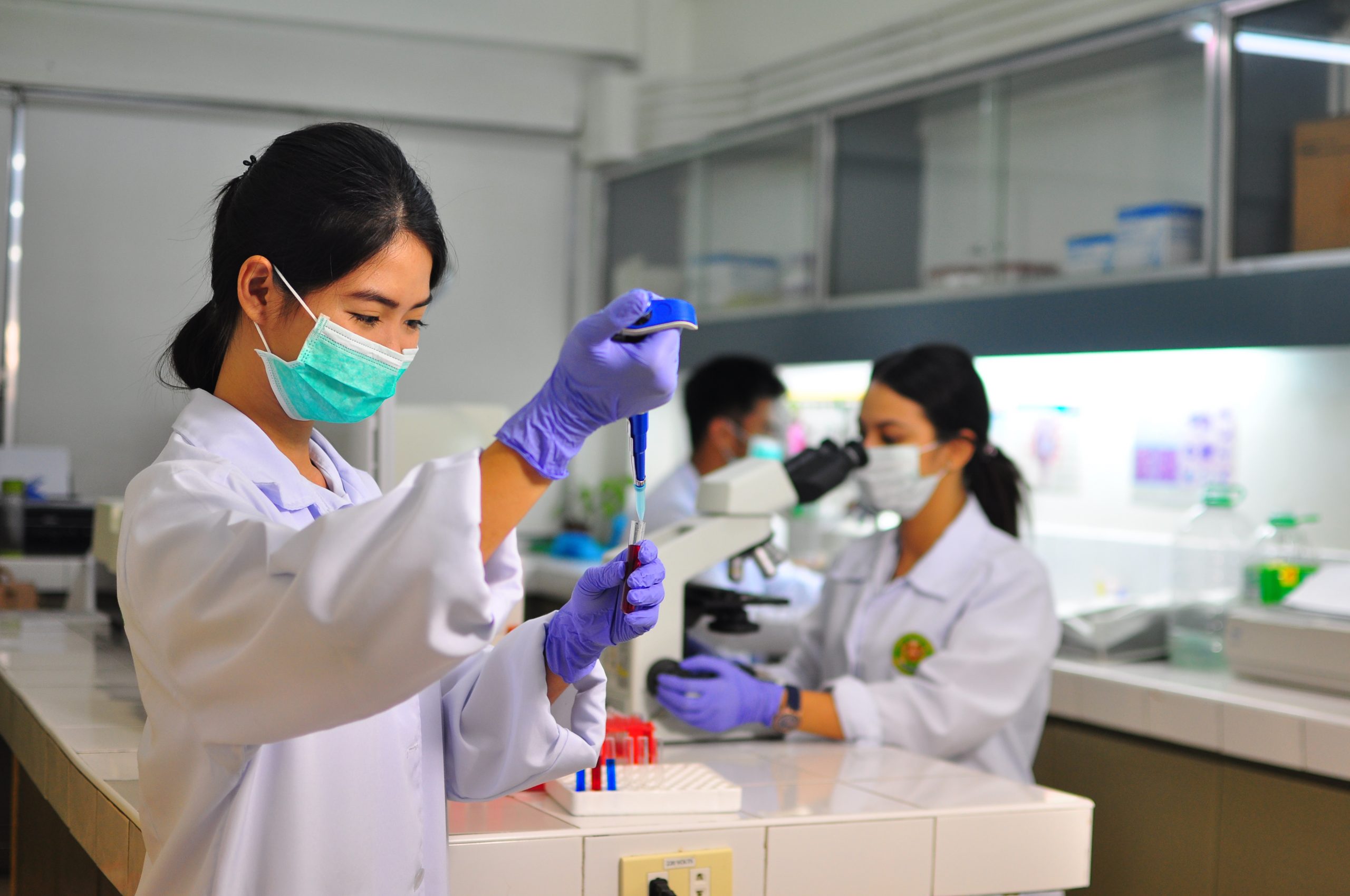Radiologic Technology is a health care profession whose practitioner works directly with the patient and the physician in performing a wide variety of diagnostic and interventional therapy procedures. Radiologic technologists use their expertise and knowledge of patient handling, physics, anatomy, physiology, pathology, and radiology to assess patients, develop optimal radiologic techniques and evaluate resulting in radiographic images.
Accreditation:
PACUCOA Level II 1st Reaccredited Status





